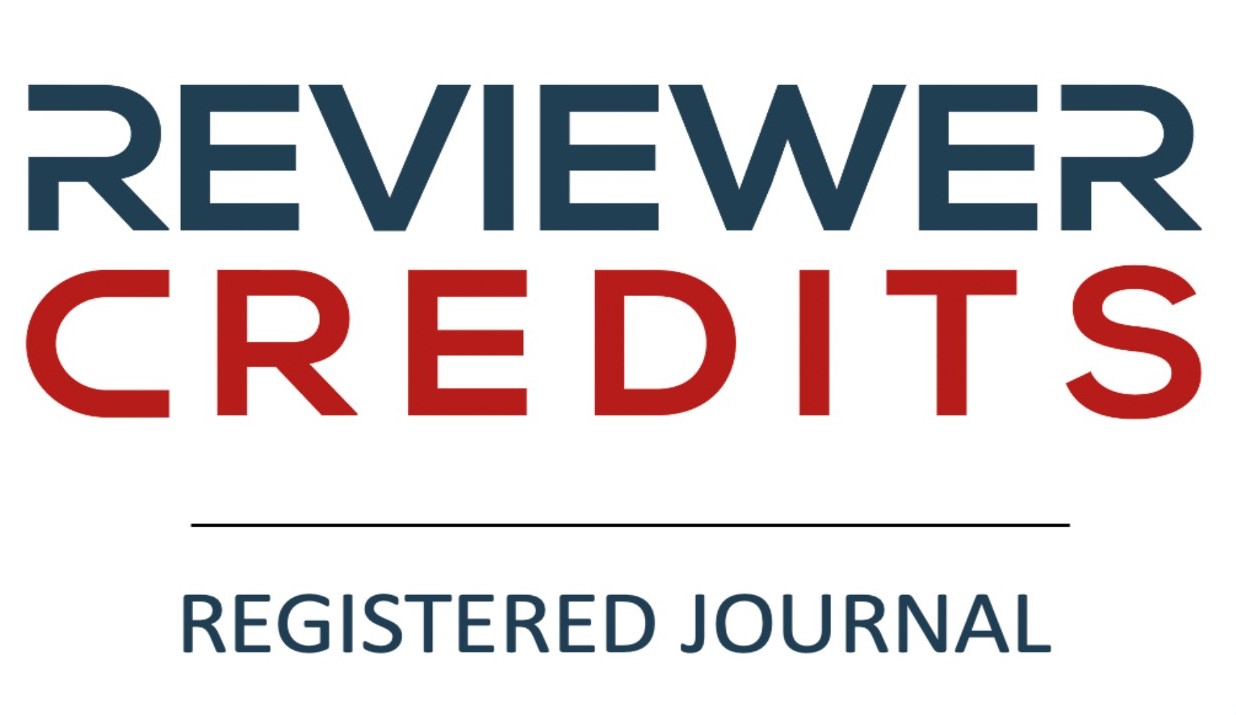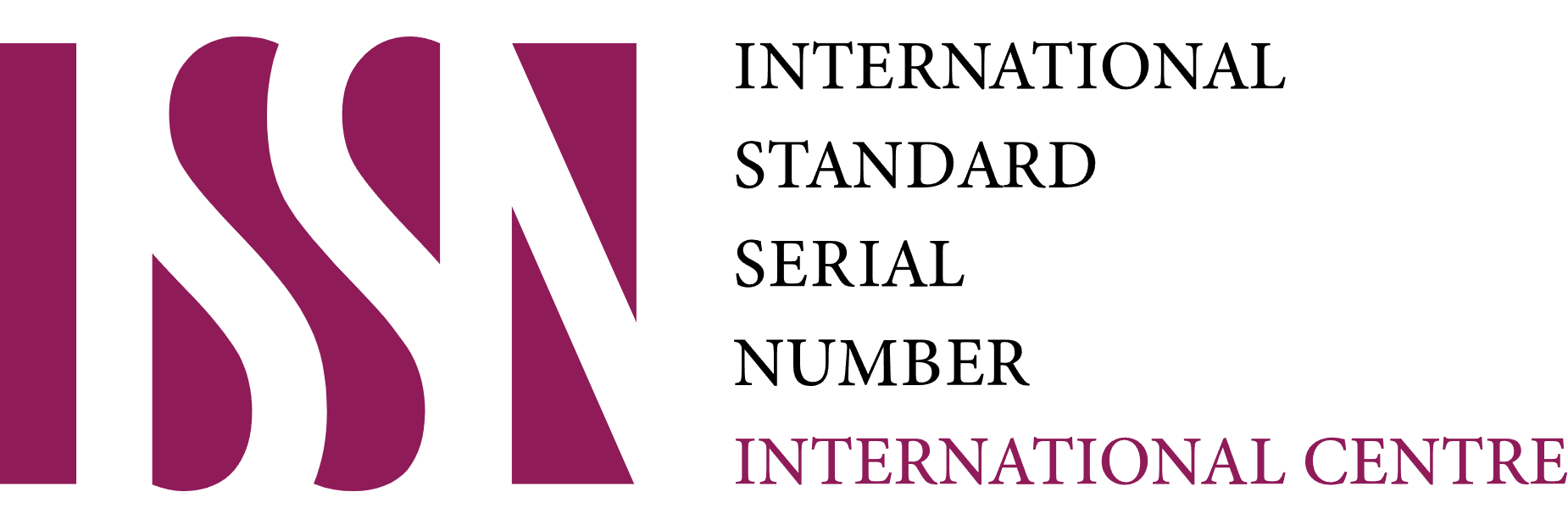DAMPAK BANTUAN PROGRAM CORPORATE SOCIAL RESPONSIBILITY (CSR)PERTANIAN PT AGRICONTERHADAP PENDAPATAN/KESEJAHTERAAN PETANI JAGUNG DI BOGOR, JAWA BARAT
DOI:
https://doi.org/10.51852/jpp.v12i1.340Abstract
Penelitian ini untuk mengetahui pengaruh bentuk implementasi program CSR perusahaan terhadap penurunan tingkat kemiskinan di pedesaan yaitu pendapatan petani yang mendapatkan program CSR Jagung Silase dari PT Agricon. Lokasi penelitian adalah Wilayah kerja PT Agricon di Kabupaten Bogor yaitu Kecamatan Ciseeng Desa Bungur dan Desa Bantar Kambing. Dari kedua Desa diketahui bahwa jumlah kelompok tani yang mendapatkan program CSR dari PT Agricon adalah dua kelompok dengan jumlah anggota keseluruhan 50 anggota. Penelitian ini bersifat explanatory study dan korelasional dengan metode pengambilan sampel survei/sensus. Hasil penelitian menunjukkan: 1) Konsep program CSR PT Agricon adalah pemberdayaan petani dalam berusahatani tanaman jagung dan mengolahnya sebagai bahan pakan ternak silase. 2) Terdapat korelasi positif pada tingkat kesalahan sebesar 1% yang menggambarkan bahwa a) Variabel Program CSR PT Agricon terhadapCitra Perusahaan sebesar 0,561; b) Variabel Citra Perusahaan terhadap Partisipasi Masyarakat sebesar 0,563; c) Variabel Partisipasi Masyarakat terhadap Proses Pemberdayaan sebesar 0,737; dan d) Proses Pemberdayaan terhadap Peningkatan kesejahteraaan petanisebesar 0,695.Downloads
Published
Issue
Section
License
Authors who publish with this journal agree to the following terms:
1. Copyright on any article is retained by the author(s).
2. The author grants the journal, right of first publication with the work simultaneously licensed under a Creative Commons Attribution License that allows others to share the work with an acknowledgment of the works authorship and initial publication in this journal.
3. Authors are able to enter into separate, additional contractual arrangements for the non-exclusive distribution of the journals published version of the work (e.g., post it to an institutional repository or publish it in a book), with an acknowledgment of its initial publication in this journal.
4. Authors are permitted and encouraged to post their work online (e.g., in institutional repositories or on their website) prior to and during the submission process, as it can lead to productive exchanges, as well as earlier and greater citation of published work.
5. The article and any associated published material is distributed under the Creative Commons Attribution-ShareAlike 4.0 International License













